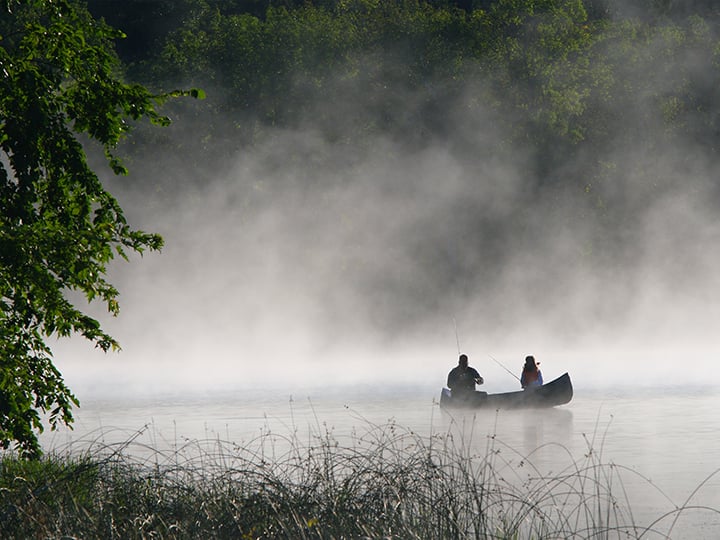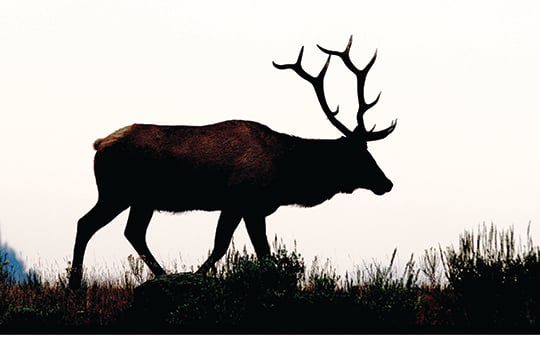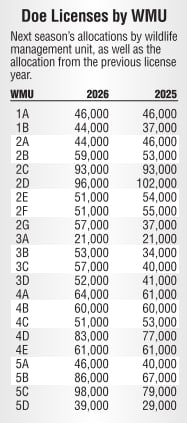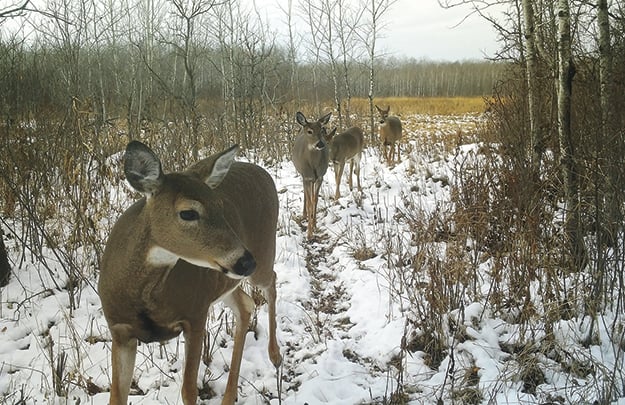Minnesota DNR reminds public to prioritize water safety this spring – Outdoor News

St. Paul — With anglers, boaters, and paddlers taking advantage of the early ice-out across much of Minnesota, the Minnesota DNR is reminding anyone spending time around lakes, rivers, and ponds that water temperatures remain extremely low and unexpected falls can turn tragic.
Each year, about one-third of fatal boating accidents happen during the cold-water period, and many instances involve victims who weren’t wearing life jackets. Cold water can quickly incapacitate even strong swimmers, and the most effective way to survive a fall in is to wear a life jacket that’s buckled or zipped.
“Open-water enthusiasts are celebrating this year’s early ice-out, and we’re starting to see a lot of activity on water bodies throughout the state,” said Capt. Adam Block, boating law administrator for the DNR Enforcement Division. “Safety is vital year-round, but we urge people to double down on it this time of year because the consequences of falling into cold water can become severe extremely quickly.”
MORE COVERAGE FROM MINNESOTA OUTDOOR NEWS:
Minnesota’s Pro Tip of the Week: Shore fishing a springtime tradition
Minnesota conservation groups to offer duck, pheasant action plan input April 30
Pre-spawn crappies: When you find them, you’ll reap serious rewards
Following are a few tips to keep in mind as this year’s open-water season commences:
• Wear a foam-filled life jacket. While inflatable life jackets are gaining in popularity, they might not fully inflate when the water is cold. Check manufacturer recommendations for specific instructions regarding water temperature.
• Ensure watercraft are registered and equipped with proper safety equipment. Before heading out on the water, check all equipment to ensure it functions properly.
• Distribute weight evenly and abide by manufacturers’ weight limits.
• Always use the engine cut-off device if the watercraft is equipped with one.
• Have a means of communication. People recreating around water should tell someone where they’re going and when they plan to return.
• Watch the weather.
See the DNR’s cold water safety webpage for more information about staying safe around or on cold water.







